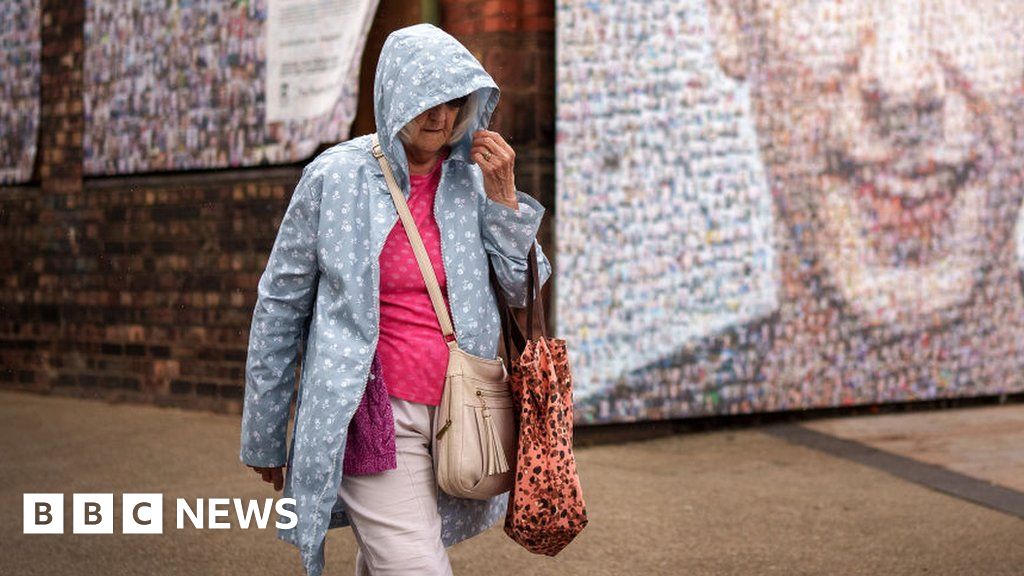Jacob Rees-Mogg back in the cabinet, where a the popcorn gif....
Jacob Rees-Mogg, the new Secretary of State for Business, Energy and Industrial Strategy is meant to be a devout Catholic, isn't he?
Interestingly, there has always been much stronger support for socialism rather than capitalism from within Christianity. The theologian D. Stephen Long, for example, has emphasised the role that
koinonia or ‘things held in common’ had within the early Christian community, arguing that ‘socialism’ was Christian before it was ‘made scientific and fundamentally distorted by Marx and Engels.’ Here Long is referring to the fact that Jesus and his disciples seem to have lived communally, sharing a common purse and giving what they had to the poor. Furthermore, according to the teaching of Jesus in the Parable of the Sheep and the Goats in Matthew 25, we are to be judged on our concern for others, with the ‘sheep’ enjoying the reward of eternal life because they gave food and drink to the hungry and thirsty.
Additionally, Ambrose, a fourth-century Archbishop of Milan wrote that when you give to the poor, ‘You are not making a gift of your possessions to the poor person. You are handing over to him what is his. For what has been given in common for the use of all, you have arrogated to yourself.’ This reflection subsequently became part of the Christian tradition, with Aquinas going so far as to say that, ‘it is not theft, properly speaking, to take secretly and use another’s property in the case of extreme need: because that which he takes for the support of his life becomes his own property by reason of that need.’
Commenting on these teachings in his book
The Most Good You Can Do, the philosopher Peter Singer states the following:
‘Surprisingly to some, the Roman Catholic Church has never repudiated this radical view and has even reiterated it on several occasions. Pope Paul VI quoted the passage in which Ambrose that what you give to the poor is already really theirs and added, in his encyclical Populorum Progressio, “We must repeat once more that the superfluous wealth of rich countries should be placed at the service of poor nations. The rule which up to now held good for the benefit of those nearest to us, must today be applied to all the needy of this world.” On the twentieth anniversary of Populorum Progressio, Pope John Paul II said it again, in his encyclical Sollicitudo Rei Socialis, and Pope Francis has indicated his support for this doctrine too.’
Also worthy of mention is Pope Francis’s condemnation of ‘the idolatry of money’ (a reference to the second commandment – ‘You shall not make for yourself an idol, whether in the form of anything that is in heaven above or that is on the earth beneath’). Commenting on rising inequality in many societies – the gap that exists between the rich and the poor – he has also criticised the policy followed by many governments of not interfering with the way that businesses operate, precisely the trading philosophy that Rees-Mogg supports.
For example, he recently tweeted that 'free trade is always the key to prosperity' in connection with the Comprehensive and Progressive Agreement for Trans-Pacific Partnership (CPTPP).
This claim is false.
For poorer countries (Peru, Vietnam in this instance), free trade can be damaging. As a result of opening up their borders to free trade, infant industries within an LEDC (Less Economically Developed Country) often find themselves unable to compete with better established TNC’s (Trans-National Corporations), and so end up going out of business, while the TNC’s themselves often operate in an exploitative manner, introducing a sweatshop culture into the economy. Many observers of this process might therefore deem it to be intrinsically immoral. Contrastingly, economies that resist implementing free trade in a wholesale manner (for example, by not privatising state enterprises that deliver essential services, or keeping import tariffs to protect their infant industries) often perform better economically.
With all this in mind, let's now remind ourselves that Rees-Mogg is a partner in Somerset Capital Management, a $6.8 billion hedge fund (over £5 Billion) managed by a Limited company in the Cayman Islands – the most notorious tax haven on earth – with 40% of its current investment in Chinese stocks. Unlike the LLP (Limited Liability Partnership) that he uses to avoid taxation in the UK, the Caymans Limited company should pay UK Corporation Tax at 19% but it is ‘technically’ located in an offshore tax haven. The Cayman Islands imposes no direct taxes whatsoever on companies registered there: No corporation tax and no income tax, no property taxes, no capital gains taxes, no payroll taxes, and no withholding tax. This and the fact it is an LLP mean that Rees-Mogg avoids all UK taxes on his profit from this company that does not contribute to British society in any way.
We use taxes to pay for our NHS, police, armed Forces (British Army, Royal Navy, Royal Air Force), schools, vulnerable people, disabled People, and for pensions. We protect those most in need in our Britain by ensuring those who make money contribute fairly. Rees-Mogg doesn’t only avoid tax but this £5 Billion fund helps other investors avoid paying tax in the UK, including Conservative Party donors.
So that's the kind of person Truss has appointed, possibly one of the most hypocritical Catholics around.
If I was the Pope I would excommunicate him.
And as for the environment (which he will have a say about), well they say that a picture is worth a thousand words...


